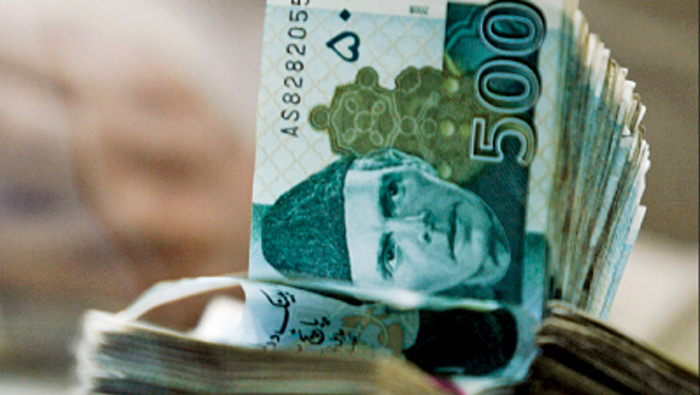
Islamabad: A recent study has shed light on Pakistan's substantial annual expenditure of over Pakistan Rupee (PKR) 8 trillion on public servants, encompassing 1.92 million employees, pension payments, and numerous perks and privileges, Dawn reported.
Despite this extensive expenditure, little is known about the overall contribution, outcomes, and impact of these public servants on taxpayers.
The study, titled 'Lifetime Cost of Public Servants,' was conducted by a five-member team from the state-run Pakistan Institute of Development Economics (Pide), led by Nadeemul Haque.
It revealed that in Pakistan, the cost of paying these employees amounts to about PKR 3 trillion, while pensions cost approximately PKR 1.5 trillion. Additionally, project workers, personnel in government entities, and other organisations contribute approximately PKR 2.5 trillion to the total cost. The military's wages and salaries alone account for roughly PKR 1 trillion, according to Dawn.
The study highlighted that the Basic Pay Scale (BPS) of 1983 had undergone 12 revisions since its inception, with the latest in 2022. However, none of these revisions were aligned with modern human resource principles that would develop contemporary public sector incentives based on market conditions and modern management needs.
The study pointed out that the BPS system continued with a socialist one-pay scale structure across the entire public sector, favouring the Pakistan Administrative Services (PAS) with non-monetary benefits and better appointments. Technical or professionally skilled individuals remained marginalised both in terms of grades and non-monetary benefits.
Despite attempts to introduce lateral entry to BPS for technical or sector specialists in management pay scales and special pay scales, these efforts were hindered by a system that remained subservient to PAS.
The study concluded that contrary to popular belief, civil servants were not at a salary disadvantage; there were numerous unaccounted-for elements that significantly contributed to their overall remuneration. Perks, allowances, and in-kind benefits, such as government housing facilities, were not reflected in civil servants' salary slips, as reported by Dawn.
Official vehicle usage for personal purposes by grade 20-22 officers increased the total cost by over 1.2 times the basic pay. Medical allowances and medical bill reimbursements further added to the cost.
The study revealed, "Perks and different allowances add to the total cost of civil servants substantially, and if monetised, would break the myth of low salaries in the public sector. The judicial employees receive the highest number of perks, with the secretariat and other ministries' staff also gaining 150 per cent of their basic salary as an allowance."
The study emphasised the pressing issue of Pakistan's financial challenge due to the high number of non-productive government employees. It underscored that the cost of inefficient recruitment was significant, encompassing financial losses and the opportunity cost of missed potential. The employment practices of political governments often result from a combination of political motivations, short-term focus, a lack of economic expertise, and societal expectations.
The study concluded that achieving a balance between short-term gains and sustainable fiscal policies was crucial in addressing this challenge, Dawn reported.